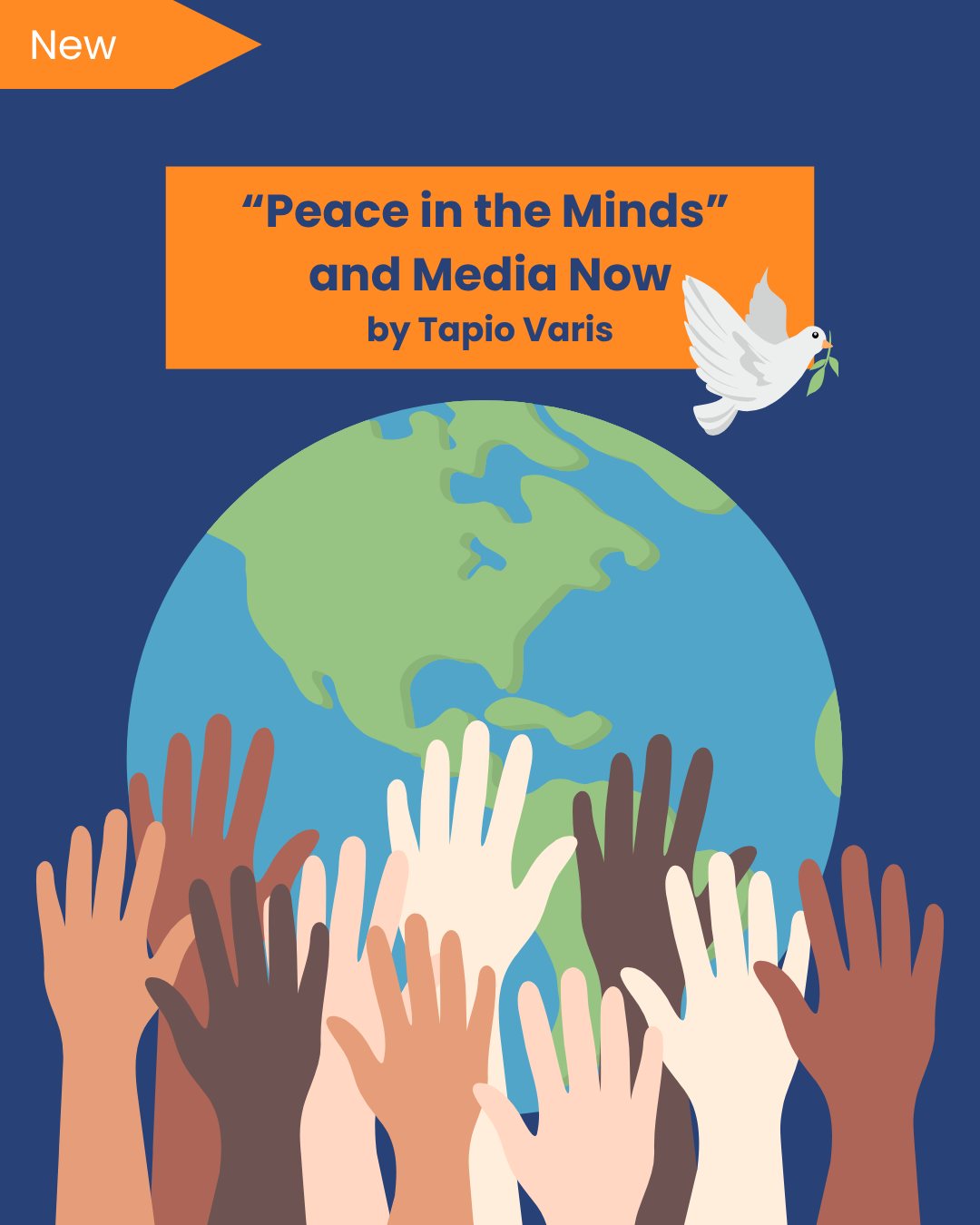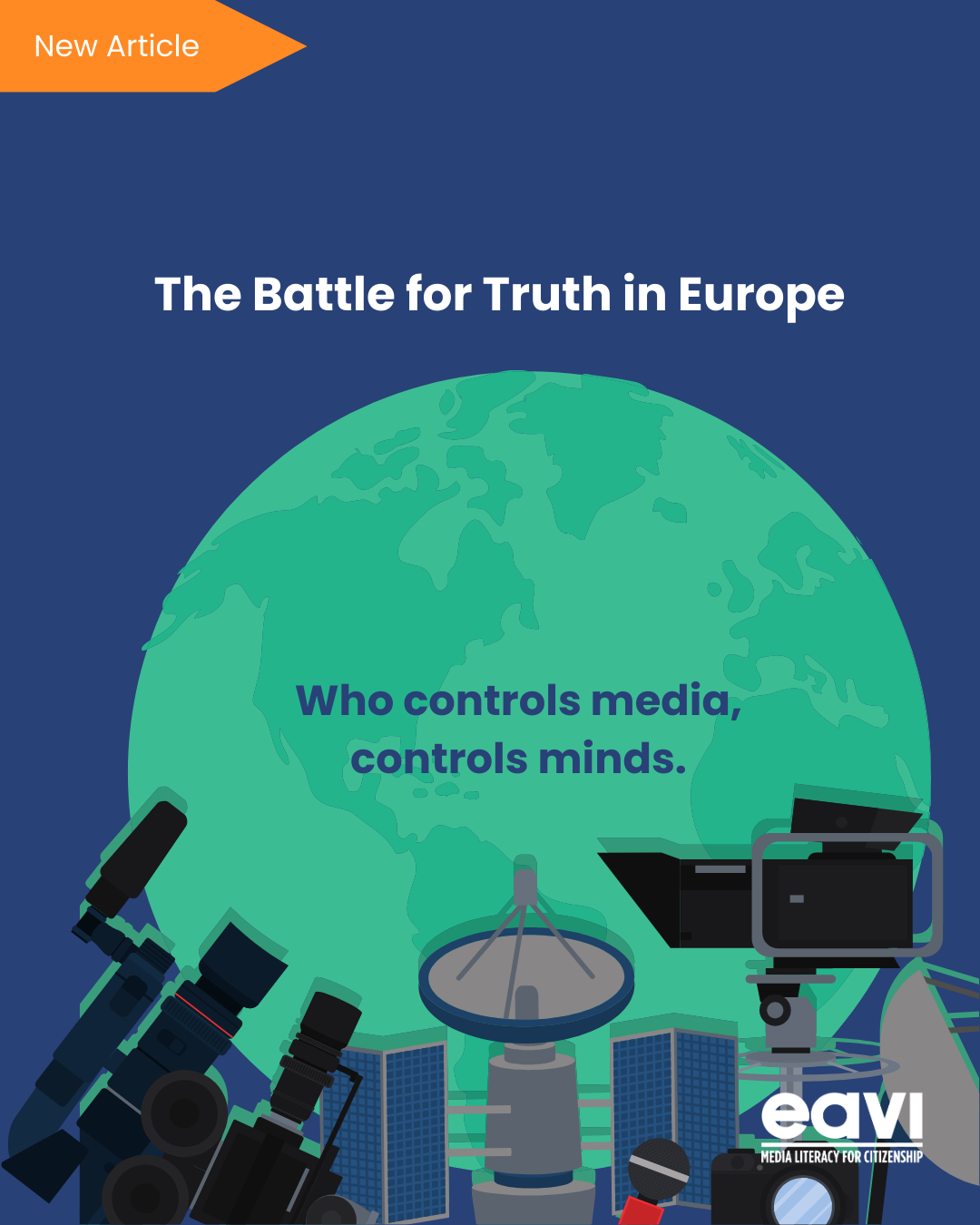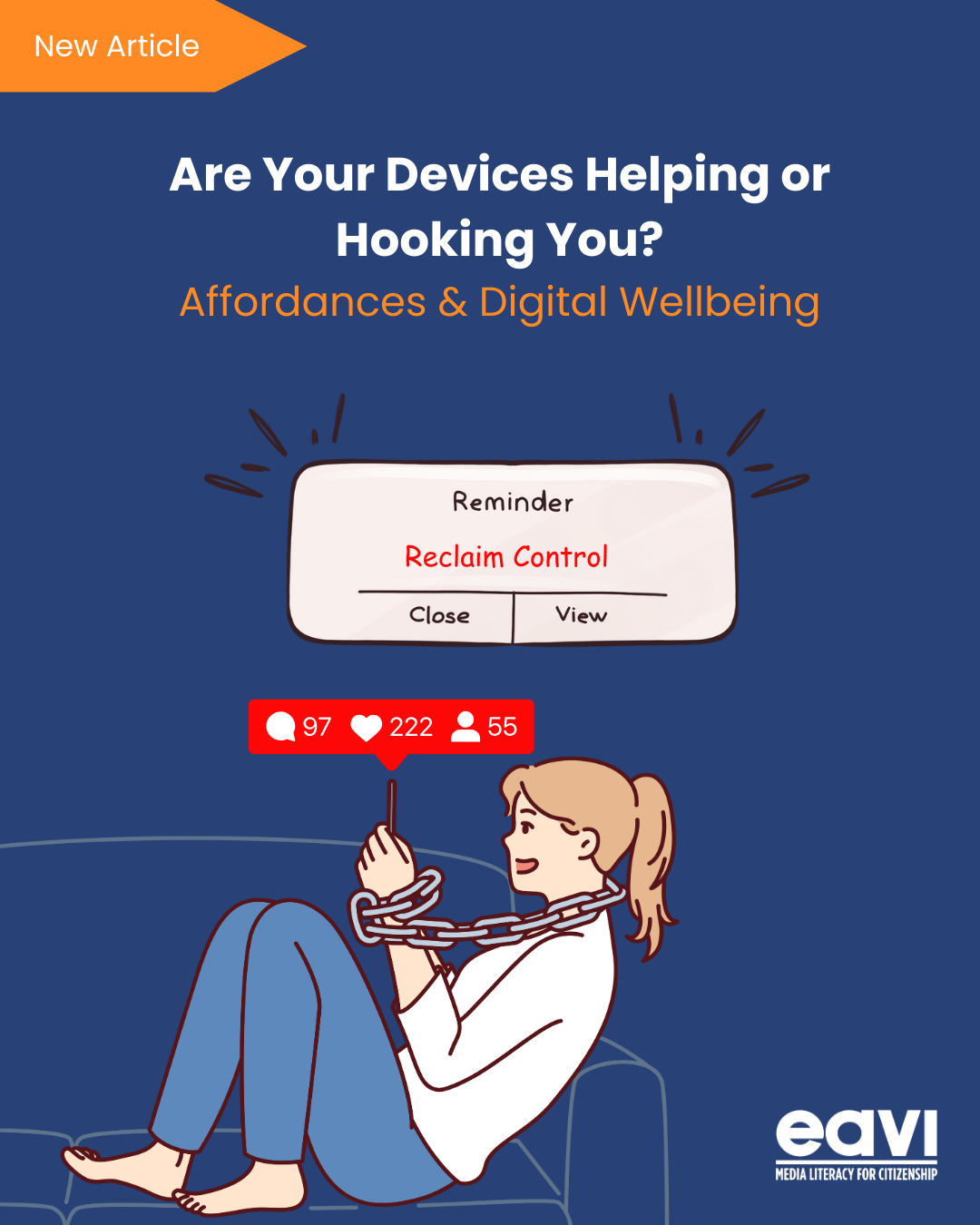This is a very ambiguous question. So, lets break it down. In an era where European democracy is contested, the media is a key area for political actors and individuals alike to express their opinion, more so their discontented ones. Where right-wing content is shared it attracts more attention and therefore more responses and shares, spreading it further.
As highlighted in research by Rania Wazir and Alison Langley of DW (2018), ‘’posts on right-wing and populist politician’s feeds generate more offensive comments than those on the feeds of center or left politian’s.’’ So, it would seem that we are in a pattern where the most emotional content rather than the most rational will go further and generate the most attention.
This can pose a problem when the media is where you get informed about European and political matters. This has moved the role of the traditional mass media and the new platforms into an increasingly politicised and critical one. So, as questioned by Caiani and Guerra (2017), ‘’are the (traditional and new) media facilitators or obstacles to European Democracy and the development of (pro) European citizens?’’.
A study undertaken by DW and other news organisations in Europe found that ‘’political ideology is the number one determent of hateful or offensive comments on social media’’.
Politicians are now prolific users of social media and are now mapping out strategies for their online campaigns in the run up to elections. This is understandable as this is now one of they key areas to reach people when 73% of young adults get their news from online sources (Pew Research Centre, 2018). However, politicians should not assume they will be able to reach the average citizens as its seems to be that social media favours populist politicians. A European Parliament Twitter list shows that there are now approximately 600 MEP’s using Twitter highlighting its popularity as a way to reach the masses. There is also a European Parliament hub that shows all of the tweets by its members.
Again, highlighting the change in times, Alex Ross (2011), online campaign manager for Obama stated ‘’if governments are not engaging in social media, they are essentially ceding influence and power’’.
So, we must agree that in keeping up with the times, politicians must be on social media. But one problem is the filter bubbles, very often build in algorithms only display selective content based on the users ‘likes’, which means contradictory content and opinions will be lacking. With content representing similar views, people can be encouraged to becoming more extreme in their views, surrounded by the availability of content they agree with.
In holding up freedom of speech its extremely hard to tackle this discourse.
Disagreeing with politics is necessary for democracy. We need different points of view and must appreciate that we live in a union that allows us to express ourselves. But sometimes It will be difficult to differentiate between opinion and hate-speech.
So, is there a possible solution to toning down the Eurosceptics online? The same survey by DW highlights that politicians themselves have a role to play, that they themselves can tone down the content and re-think how they react to particular content and what they post. Populists attract support by posting fear and hatred. They are merely using the platform to their own advantage. So, are we right in blaming social media platforms wholly for the spread of Euroscepticism or should we also try to address how right-wing politicians use them? Can we encourage people to set a politer discourse online, or is this now the voice of Europe?
Sources and further reading:
This is a very ambiguous question. So, lets break it down. In an era where European democracy is contested, the media is a key area for political actors and individuals alike to express their opinion, more so their discontented ones. Where right-wing content is shared it attracts more attention and therefore more responses and shares, spreading it further.
As highlighted in research by Rania Wazir and Alison Langley of DW (2018), ‘’posts on right-wing and populist politician’s feeds generate more offensive comments than those on the feeds of center or left politian’s.’’ So, it would seem that we are in a pattern where the most emotional content rather than the most rational will go further and generate the most attention.
This can pose a problem when the media is where you get informed about European and political matters. This has moved the role of the traditional mass media and the new platforms into an increasingly politicised and critical one. So, as questioned by Caiani and Guerra (2017), ‘’are the (traditional and new) media facilitators or obstacles to European Democracy and the development of (pro) European citizens?’’.
A study undertaken by DW and other news organisations in Europe found that ‘’political ideology is the number one determent of hateful or offensive comments on social media’’.
Politicians are now prolific users of social media and are now mapping out strategies for their online campaigns in the run up to elections. This is understandable as this is now one of they key areas to reach people when 73% of young adults get their news from online sources (Pew Research Centre, 2018). However, politicians should not assume they will be able to reach the average citizens as its seems to be that social media favours populist politicians. A European Parliament Twitter list shows that there are now approximately 600 MEP’s using Twitter highlighting its popularity as a way to reach the masses. There is also a European Parliament hub that shows all of the tweets by its members.
Again, highlighting the change in times, Alex Ross (2011), online campaign manager for Obama stated ‘’if governments are not engaging in social media, they are essentially ceding influence and power’’.
So, we must agree that in keeping up with the times, politicians must be on social media. But one problem is the filter bubbles, very often build in algorithms only display selective content based on the users ‘likes’, which means contradictory content and opinions will be lacking. With content representing similar views, people can be encouraged to becoming more extreme in their views, surrounded by the availability of content they agree with.
In holding up freedom of speech its extremely hard to tackle this discourse.
Disagreeing with politics is necessary for democracy. We need different points of view and must appreciate that we live in a union that allows us to express ourselves. But sometimes It will be difficult to differentiate between opinion and hate-speech.
So, is there a possible solution to toning down the Eurosceptics online? The same survey by DW highlights that politicians themselves have a role to play, that they themselves can tone down the content and re-think how they react to particular content and what they post. Populists attract support by posting fear and hatred. They are merely using the platform to their own advantage. So, are we right in blaming social media platforms wholly for the spread of Euroscepticism or should we also try to address how right-wing politicians use them? Can we encourage people to set a politer discourse online, or is this now the voice of Europe?
Sources and further reading:
This is a very ambiguous question. So, lets break it down. In an era where European democracy is contested, the media is a key area for political actors and individuals alike to express their opinion, more so their discontented ones. Where right-wing content is shared it attracts more attention and therefore more responses and shares, spreading it further.
As highlighted in research by Rania Wazir and Alison Langley of DW (2018), ‘’posts on right-wing and populist politician’s feeds generate more offensive comments than those on the feeds of center or left politian’s.’’ So, it would seem that we are in a pattern where the most emotional content rather than the most rational will go further and generate the most attention.
This can pose a problem when the media is where you get informed about European and political matters. This has moved the role of the traditional mass media and the new platforms into an increasingly politicised and critical one. So, as questioned by Caiani and Guerra (2017), ‘’are the (traditional and new) media facilitators or obstacles to European Democracy and the development of (pro) European citizens?’’.
A study undertaken by DW and other news organisations in Europe found that ‘’political ideology is the number one determent of hateful or offensive comments on social media’’.
Politicians are now prolific users of social media and are now mapping out strategies for their online campaigns in the run up to elections. This is understandable as this is now one of they key areas to reach people when 73% of young adults get their news from online sources (Pew Research Centre, 2018). However, politicians should not assume they will be able to reach the average citizens as its seems to be that social media favours populist politicians. A European Parliament Twitter list shows that there are now approximately 600 MEP’s using Twitter highlighting its popularity as a way to reach the masses. There is also a European Parliament hub that shows all of the tweets by its members.
Again, highlighting the change in times, Alex Ross (2011), online campaign manager for Obama stated ‘’if governments are not engaging in social media, they are essentially ceding influence and power’’.
So, we must agree that in keeping up with the times, politicians must be on social media. But one problem is the filter bubbles, very often build in algorithms only display selective content based on the users ‘likes’, which means contradictory content and opinions will be lacking. With content representing similar views, people can be encouraged to becoming more extreme in their views, surrounded by the availability of content they agree with.
In holding up freedom of speech its extremely hard to tackle this discourse.
Disagreeing with politics is necessary for democracy. We need different points of view and must appreciate that we live in a union that allows us to express ourselves. But sometimes It will be difficult to differentiate between opinion and hate-speech.
So, is there a possible solution to toning down the Eurosceptics online? The same survey by DW highlights that politicians themselves have a role to play, that they themselves can tone down the content and re-think how they react to particular content and what they post. Populists attract support by posting fear and hatred. They are merely using the platform to their own advantage. So, are we right in blaming social media platforms wholly for the spread of Euroscepticism or should we also try to address how right-wing politicians use them? Can we encourage people to set a politer discourse online, or is this now the voice of Europe?
Sources and further reading:








































































































































































